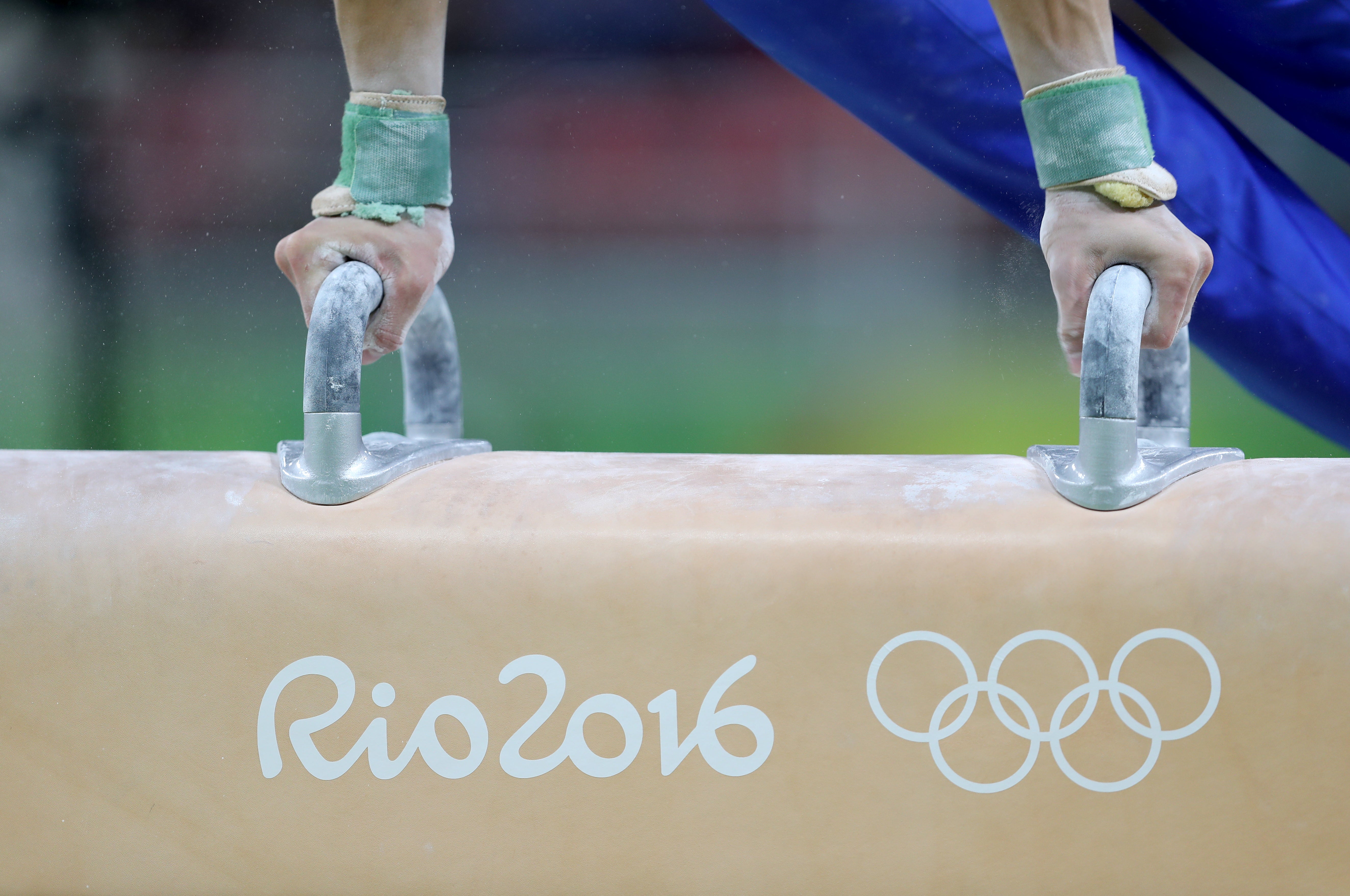Extent of British Gymnastics abuse scandal to be revealed on Thursday
The Whyte Review, jointly commissioned by UK Sport and Sport England in 2020 and chaired by Anne Whyte QC, will be released on Thursday

The extent of the abuse scandal that has tarnished British Gymnastics’ golden era is expected to be laid bare when the Whyte Review into allegations of mistreatment within the sport is published on Thursday.
The review, jointly commissioned by UK Sport and Sport England in 2020 and chaired by Anne Whyte QC, is set to paint a damning picture of the brutal training methods and culture of fear that permeated an unprecedented period of international success.
The mounting allegations led to the respective departures from the governing body of chief executive Jane Allen in October 2020, and women’s head coach Amanda Reddin – a key architect of Britain’s seven-medal haul at the 2016 Rio Olympics – in May.
Reddin, who left the organisation by “mutual agreement”, was facing an independent investigation into her training methods. She was cleared of some charges and continued to strenuously deny any wrongdoing.
In the interim report published in March last year, Whyte said the allegations painted a “worrying picture” of the elite level of the sport, indicating that over 90 clubs and 100 coaches had been identified in submissions, and that 39 referrals had been made to local authorities as a result.
Publication of the report comes in the same week that a former elite acrobatic gymnast became the first to win a civil case against British Gymnastics after having her allegations of abuse upheld.
The Whyte Review presents an unprecedented opportunity to address historic wrongs in gymnastics and reform the sport we love for the better.
Eloise Jotischky won damages after being subjected to harassment and inappropriate training techniques by coach Andrew Griffiths at Heathrow Gymnastics Club. Dozens of other gymnasts have lodged similar legal claims against the governing body, with many of the cases still outstanding.
The campaigning group Gymnasts for Change said it hoped the review would inspire fundamental changes within the sport.
A spokesperson told the PA news agency: “The Whyte Review presents an unprecedented opportunity to address historic wrongs in gymnastics and reform the sport we love for the better.
“We hope tomorrow’s report, and actions from the commissioning bodies, live up to that promise.”
The British Athlete Commission, which established a helpline in association with the NSPCC to encourage affected athletes to come forward, also said it hoped the review would address the concerns of more than 200 athletes and families it has supported through the process.
“On the eve of the publication of the Whyte Review, we share with them the hope that the review provides a comprehensive and considered response to the allegations made against British Gymnastics, and is reflective of the nature of the concerns that our team has heard over the last two years,” it said.
“Above all, we hope to see significant recommendations made, which will not only hold British Gymnastics to account, but also that the wider sporting system can learn from, in order to continue a genuine and irreversible culture shift within British sport.”
Since the extent of the scandal came to light, British Gymnastics has made a series of changes, installing, respectively, a new chief executive and director for sport, plus the appointment in May of former elite gymnast Danusia Francis on to its board as a non-executive director.
In addition, it has established a 12-strong Gymnasts Advisory Group, which it says will be “integral” in shaping the organisation’s future strategy, and which includes Jennifer Pinches, one of the co-founders of Gymnasts for Change.
Bookmark popover
Removed from bookmarks